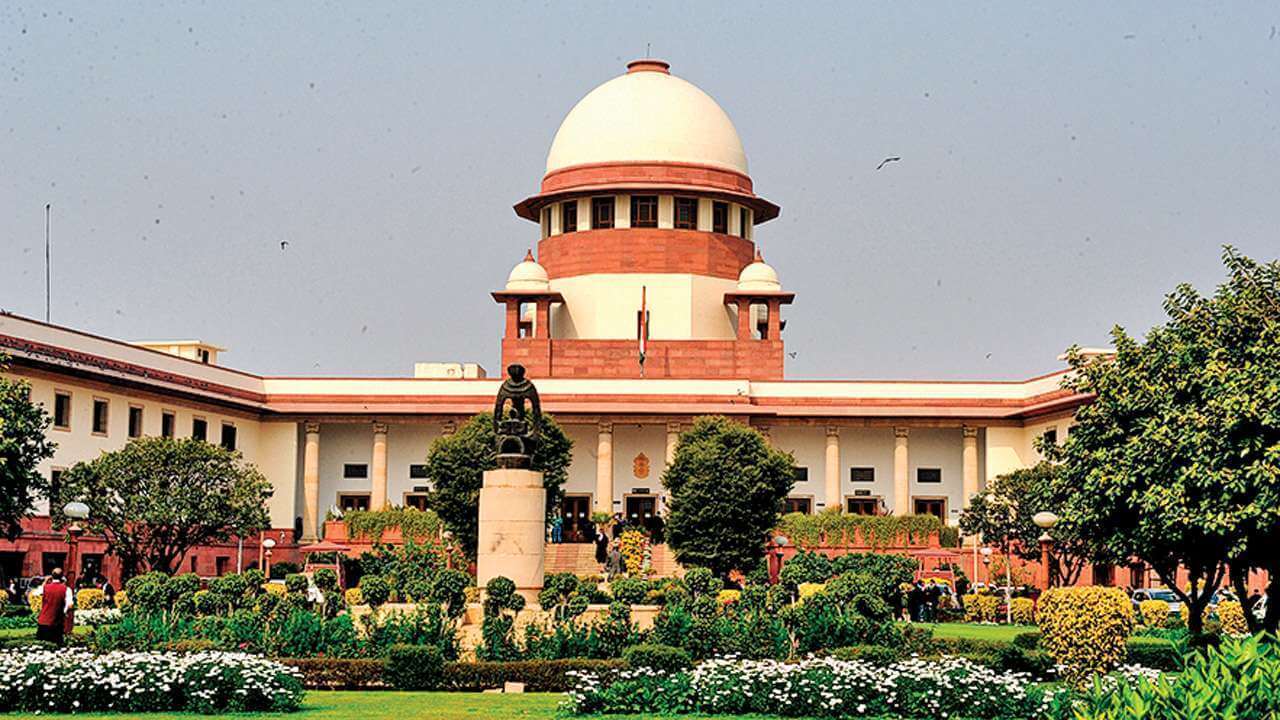The Supreme Court in the case Rajaram Sriramulu Naidu (D) vs Maruthachalam (D) observed and has stated that the standard of proof for rebutting the presumption under Section 139 of the Negotiable Instruments Act, 1881 is that of preponderance of probabilities. The present case arising out of cheque bounce complaint the Trial Court acquitted the accused. Therefore, the High Court reversed the acquittal and has convicted the accused. It has been noted by the Apex Court in an appeal that it has been examined by the accused that the Income Tax Officer who has produced certified copies of the Income Tax Returns of the complainant for the relevant financial year for showing that it has not been declared by the complainant that he had lent Rs.3 lakh to the accused and that the complainant(s) did not have financial capacity to lend money as it is being alleged. It has been found by the Trial Court that the Income Tax Returns of the complainant did not disclose that he lent amount to the accused, and that the declared income was not sufficient for giving a loan of Rs.3 lakh. Thus, the case of the complainant is that a loan has been given by him to the accused from his agricultural income was found to be unbelievable by the Trial Court. It has also been found by the Trial Court that it was highly doubtful as to whether an amount of Rs.3 lakh has been lent by the complainant to the accused. The bench aggrieved with the view of the Trial Court and has observed that the defence raised before the court by the appellant which satisfies the standard of “preponderance of probability”. The court stated that the standard of proof for rebutting the presumption being that of preponderance of probabilities. It has been found by the learned Trial Court that in the case the accused had rebutted the presumption on the basis of the evidence of the defence witnesses and attending circumstances. The court while referring to the case Baslingappa v. Mudibasappa stated that once the execution of cheque is admitted, the Section 139 of the N.I. Act mandates a presumption that the cheque was for the discharge of any debt or for any other liability. However, it has been held by the court that the presumption under Section 139 is a rebuttable presumption and the onus is on the accused to raise the probable defence and the standard of proof for rebutting the presumption being that of preponderance of probabilities. Further, it has been held to rebut the presumption, it being open for the accused to rely on evidence led by him or the accused can also rely on the materials submitted before the court by the complainant in order to raise a probable defence. Accordingly, it has been held by the court that inference of preponderance of probabilities can be drawn not only from the materials which are brought on record by the parties but also by reference to the circumstances upon which they rely.

















